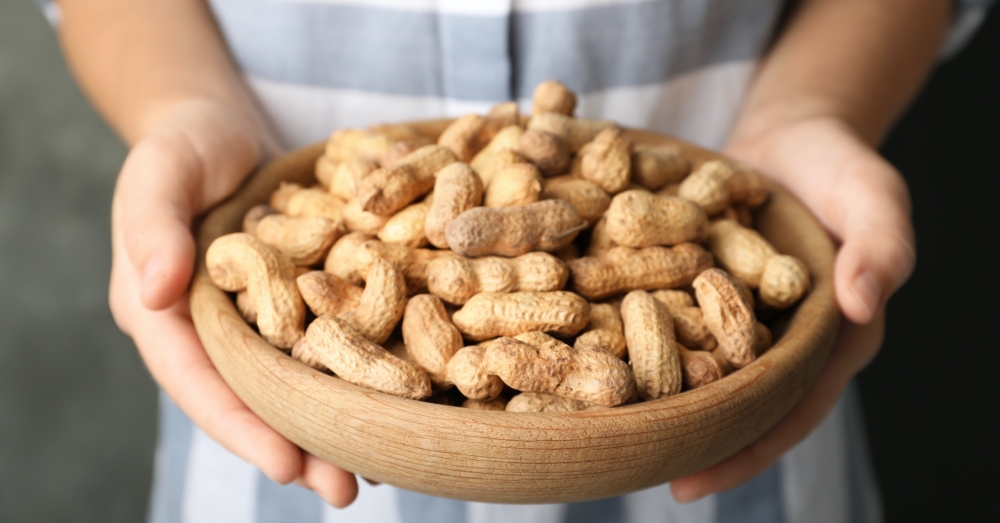
Study Suggests that Cancer Patients Who Eat Peanuts Frequently May Be Encouraging Metastasis
Peanuts are generally considered a relatively healthy addition to most diets, but a new study has shown that these legumes (did you know peanuts aren’t actually nuts?) might be a bad choice for cancer patients to eat on a regular basis, because they may actually increase the risk of metastasis. Metastasis is what it’s called when cancer spreads from its initial point of occurrence to other areas of the body.
A study conducted by researchers at the University of Liverpool and published in Carcinogenesis corroborates earlier evidence that the frequent consumption of peanuts could increase the risk of cancer spreading.

The study revealed that peanut agglutin (PNA), which is a carbohydrate-binding protein that quickly enters the bloodstream after peanuts are consumed, interacts with endothelial cells to produce molecules called cytokines. These cytokines, more specifically IL-6 and MCP-1, are well-known for their ability to promote cancer metastasis, because they cause other endothelial cells to express more cell surface adhesion molecules, which makes them more attractive places for tumor cells circulating in the bloodstream to stick.
An earlier study reported that circulating PNA from peanut consumption binds to a special sugar chain that mainly occurs on precancerous and cancerous cells and interacts with proteins expressed on the surface of tumor cells in the bloodstream, triggering changes in that protein and causing underlying adhesion molecules to expose themselves. This makes it easier for cancer cells to adhere and form clumps in the blood vessels, prolonging their survival and improving their circulation to other areas of the body.

“Although further research and investigation are still needed, these studies suggest that very frequent consumption of peanuts by cancer patients might increase the risk of metastatic spread,” says Professor Lu-Gang Yu, an author of the earlier study.
However, according to Professor Lu-Gang Yu, there is some good news: “Reassuringly though, a large US study reported no significant impact of peanut consumption on cancer mortality. In another study, peanut consumption was reported to have no significant effect on prognosis in men with established prostate cancer. In our previous healthy volunteer study, substantial blood concentrations of PNA were only seen transiently one hour or so after consumption of a large dose (250g) of peanuts, so it may be that ‘normal’ peanut consumption yielding lower PNA concentrations is harmless.

“Nevertheless, the possibility remains that circulating PNA, at least at the relatively high levels found shortly after a large ‘dose’ of peanuts, could have a significant biological effect on tumour cells circulating at that time, with a potential for increased risk of metastasis. Heavy or very frequent peanut consumption, therefore, might be better avoided by cancer patients.”
Of course, the link between peanut consumption and cancer spread needs to be studied further, but the point remains clear. Peanut consumption infrequently or in small amounts appears to be safe, even for cancer patients, but larger amounts in greater frequency could be harmful.
If you’d like to be on the safe side, there’s certainly no harm in cutting back on peanuts or cutting out peanuts altogether if you have cancer—just replace them with other healthy legumes, as well as seeds and nuts that have similar nutrition profiles to make sure you’re getting adequate amounts of all your necessary vitamins.